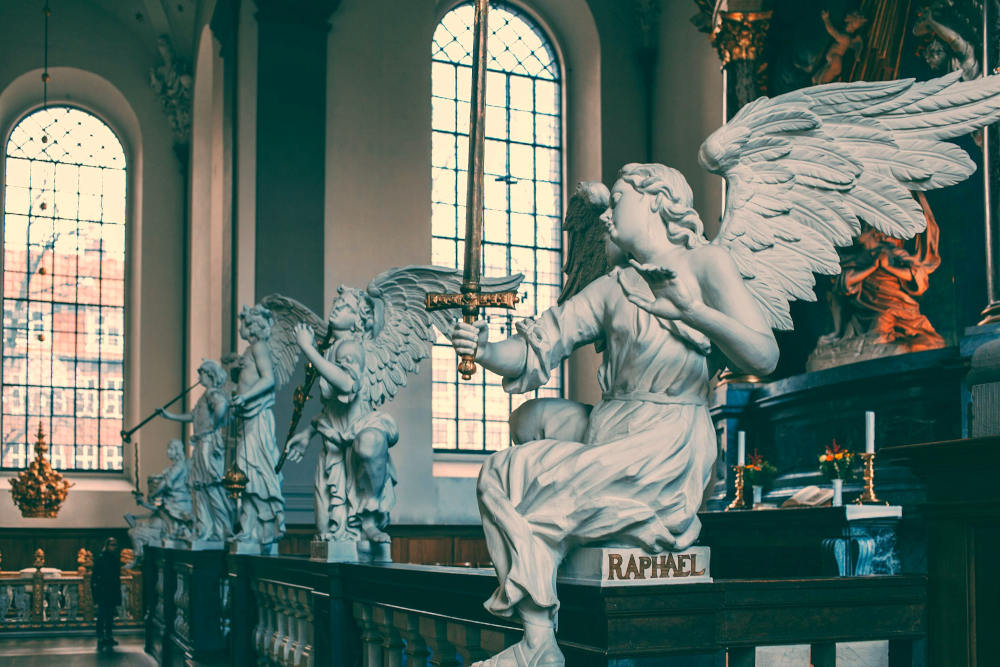
Archangels hold a significant place in religious and spiritual traditions, particularly in Christianity, Judaism, and Islam. They are considered high-ranking angels tasked with carrying out divine missions. But how many archangels are actually mentioned in the Bible? This article explores the biblical references to archangels, their roles, and how various traditions interpret their number.
Panaprium is independent and reader supported. If you buy something through our link, we may earn a commission. If you can, please support us on a monthly basis. It takes less than a minute to set up, and you will be making a big impact every single month. Thank you!
The Term "Archangel" in the Bible
The term archangel comes from the Greek word archangelos, meaning "chief angel" or "principal messenger." Despite the prominence of angels in biblical narratives, the Bible only explicitly names one archangel: Michael.
Michael: The Only Named Archangel in the Bible
Michael is the only angel explicitly called an archangel in the Bible:
-
Jude 1:9 – "But Michael the archangel, when he disputed with the devil and argued about the body of Moses, did not dare pronounce against him a railing judgment, but said, ‘The Lord rebuke you!’"
-
Daniel 10:13 – Michael is described as "one of the chief princes" who assists in a spiritual battle.
-
Daniel 12:1 – Michael is called "the great prince who stands guard over the sons of your people."
-
Revelation 12:7-9 – Michael leads the heavenly army against Satan and his angels.
Michael’s role in scripture is primarily that of a warrior and protector, particularly over Israel and God’s people.
Gabriel: A Messenger Angel, Not Explicitly Called an Archangel
Gabriel is another high-ranking angel mentioned in the Bible, but he is never explicitly called an archangel.
-
Daniel 8:16 – Gabriel helps Daniel understand a vision.
-
Daniel 9:21-23 – Gabriel delivers a prophecy about the coming of the Messiah.
-
Luke 1:11-20 – Gabriel announces the birth of John the Baptist to Zechariah.
-
Luke 1:26-38 – Gabriel delivers the Annunciation to Mary, telling her she will bear Jesus.
Though not called an archangel in the Bible, Gabriel’s role as a divine messenger has led some traditions to consider him one.
Other Possible Archangels: References in Extra-Biblical Texts
While the Bible names Michael as the only archangel, other texts outside the Protestant and Jewish canons mention additional archangels. These include the Book of Enoch, Tobit, and other apocryphal writings. Some of the most frequently cited archangels include:
1. Raphael
-
Mentioned in the Book of Tobit (considered canonical in Catholic and Orthodox traditions, but not in Protestant or Jewish canons).
-
Describes himself as "one of the seven angels who stand ready and enter before the glory of the Lord" (Tobit 12:15).
2. Uriel
-
Found in the Book of Enoch and some Christian traditions.
-
Often associated with wisdom and illumination.
3. Raguel, Sariel, and Remiel
-
Listed in the Book of Enoch among the seven archangels.
-
These names do not appear in the Bible but are significant in apocryphal and mystical writings.
How Many Archangels Are There?
The answer depends on the religious tradition:
-
Protestant Christianity: Recognizes only Michael as an archangel since he is the only one explicitly named as such in the Bible.
-
Catholic and Orthodox Christianity: Recognizes Michael, Gabriel, and Raphael as archangels based on biblical and deuterocanonical sources.
-
Jewish Mysticism (Kabbalah): Lists seven archangels, including Michael, Gabriel, Raphael, and Uriel.
-
Islam: Acknowledges several key angels, including Jibril (Gabriel) and Mikail (Michael), but does not classify them as "archangels" in the same way as Christianity.
Conclusion
Biblically speaking, Michael is the only angel explicitly called an archangel. However, Gabriel and Raphael are considered archangels in some traditions, and other sources, such as the Book of Enoch, list seven archangels. The number of archangels varies depending on religious beliefs, but Michael remains the most universally recognized archangel across Christianity and Judaism. Understanding these distinctions helps clarify the role of these powerful spiritual beings in different traditions.
Was this article helpful to you? Please tell us what you liked or didn't like in the comments below.
About the Author: Alex Assoune
What We're Up Against
Multinational corporations overproducing cheap products in the poorest countries.
Huge factories with sweatshop-like conditions underpaying workers.
Media conglomerates promoting unethical, unsustainable products.
Bad actors encouraging overconsumption through oblivious behavior.
- - - -
Thankfully, we've got our supporters, including you.
Panaprium is funded by readers like you who want to join us in our mission to make the world entirely sustainable.
If you can, please support us on a monthly basis. It takes less than a minute to set up, and you will be making a big impact every single month. Thank you.



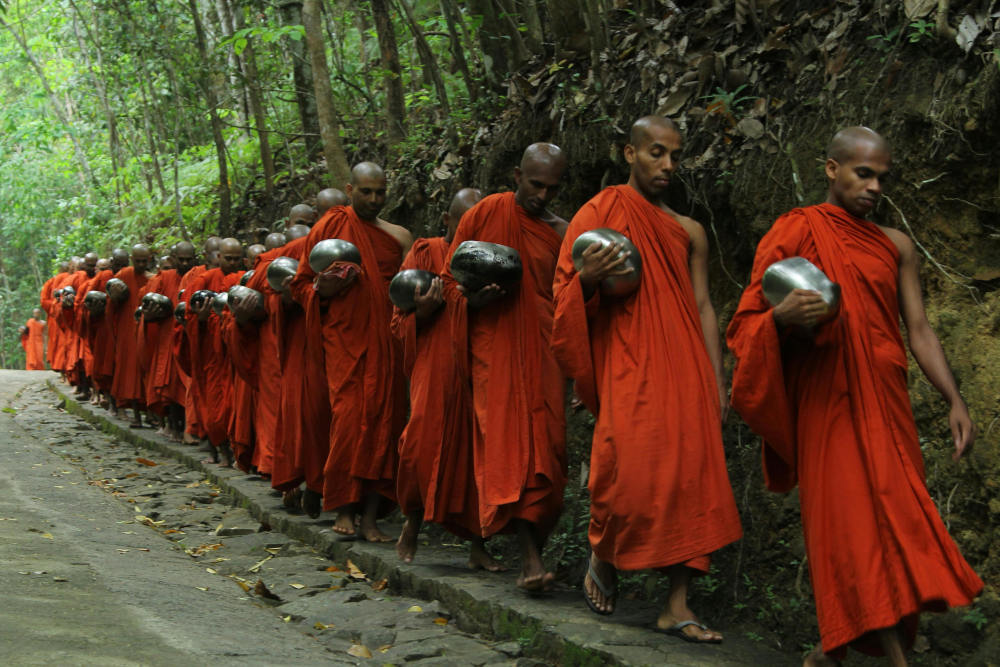
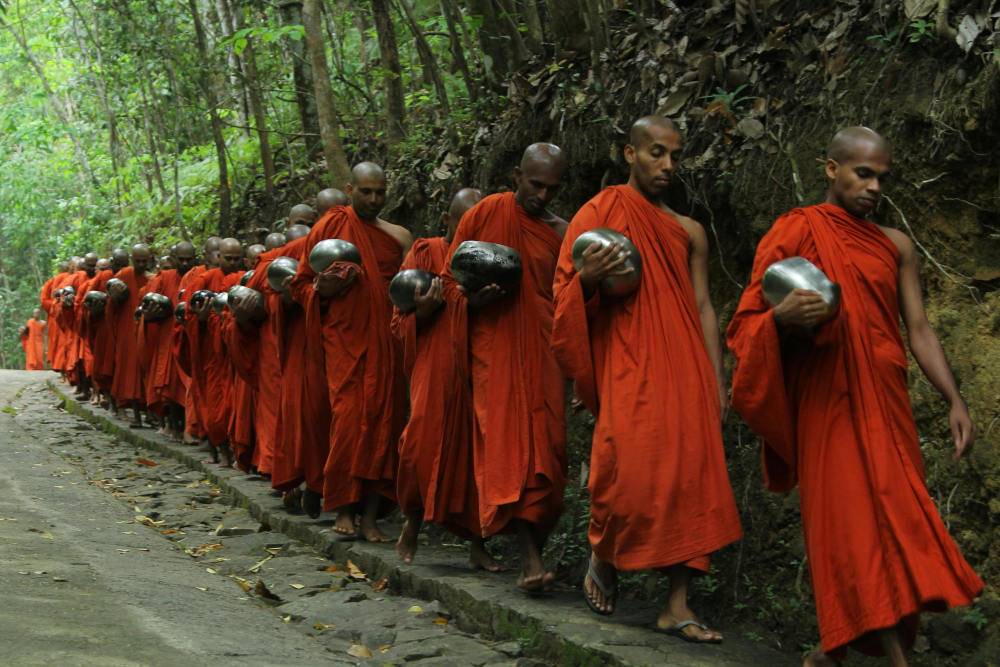
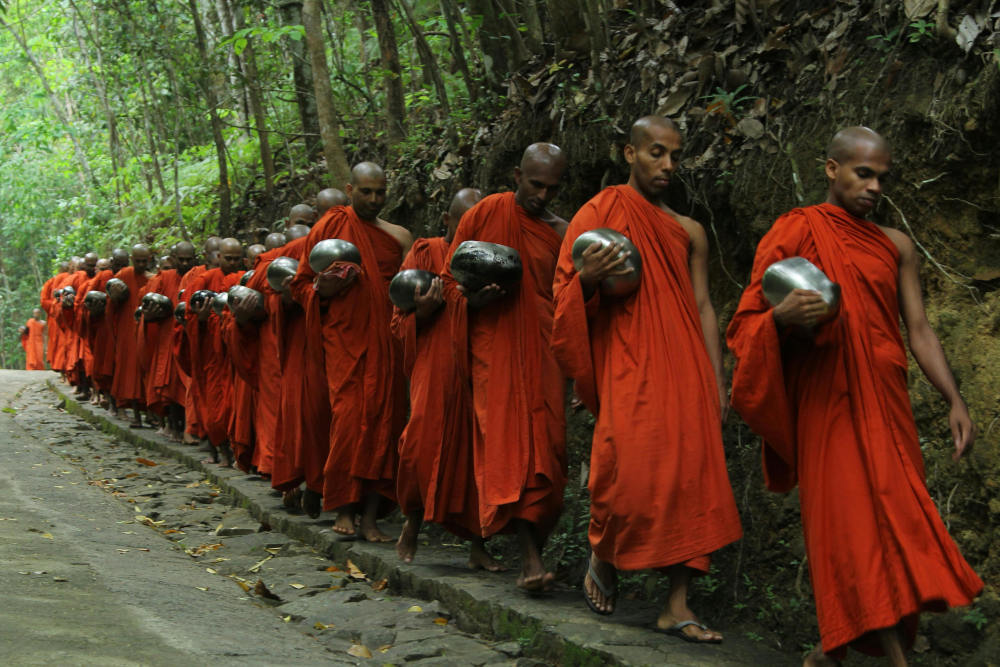
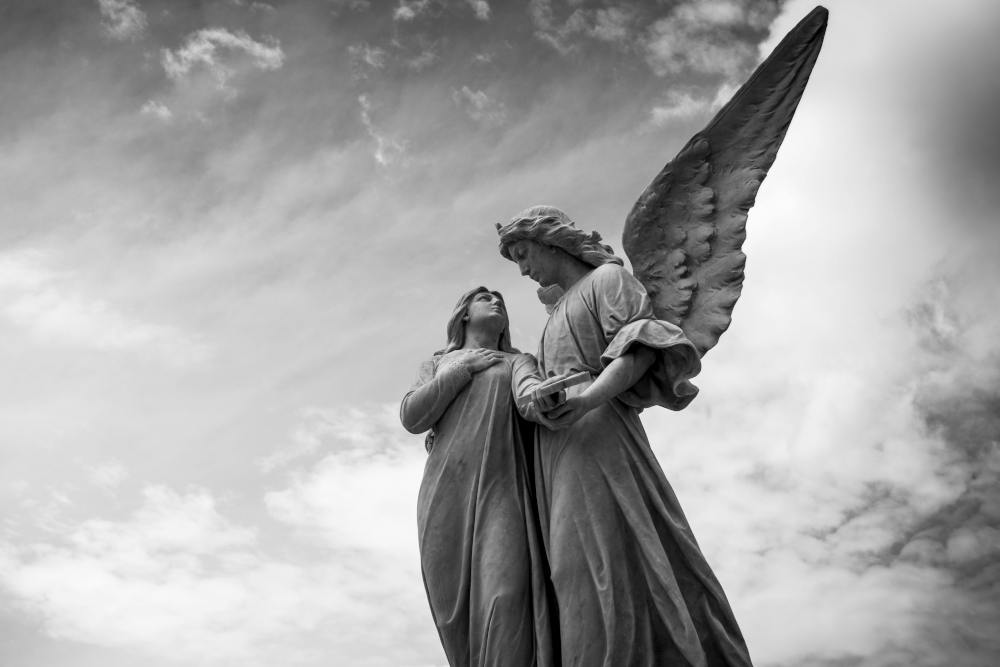
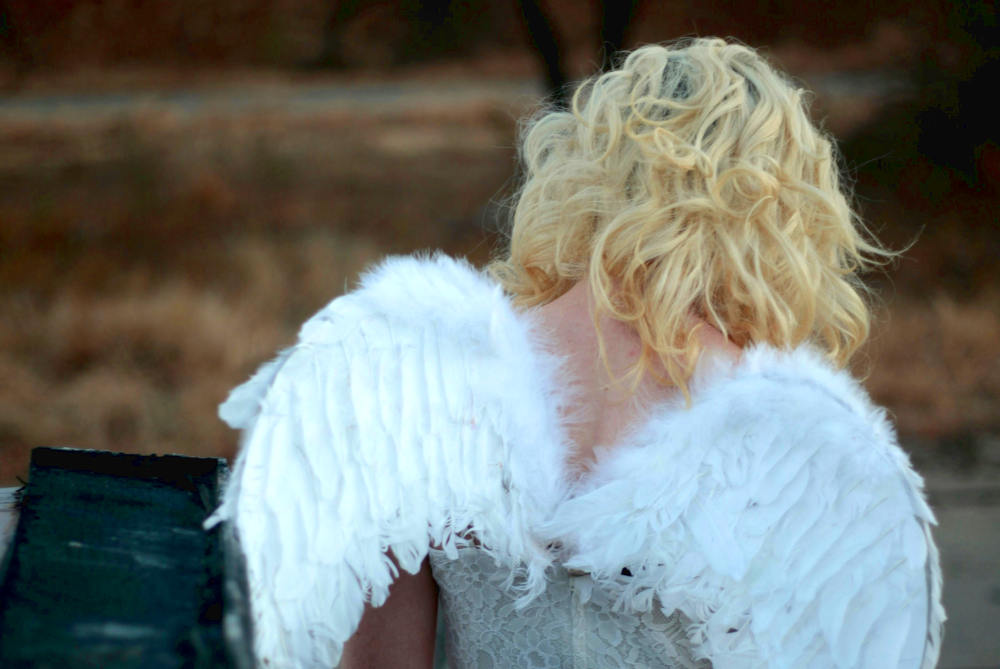
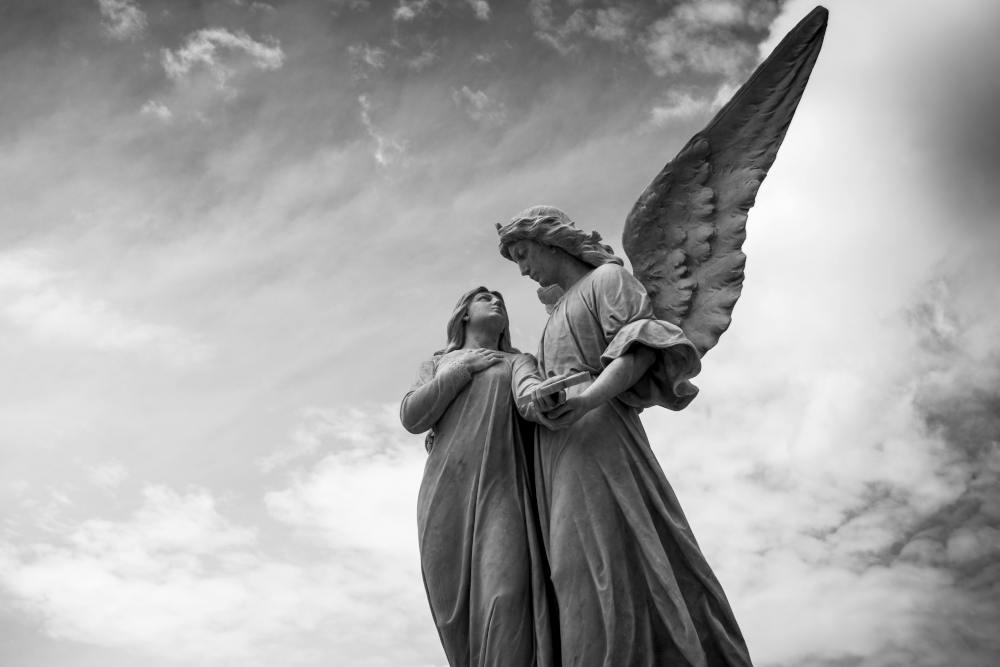
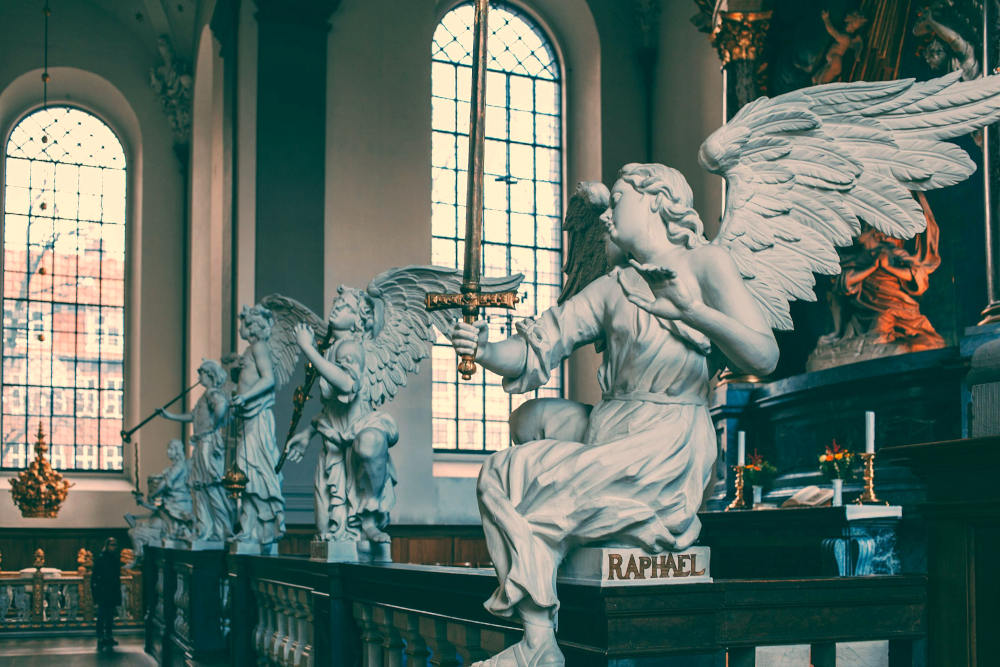



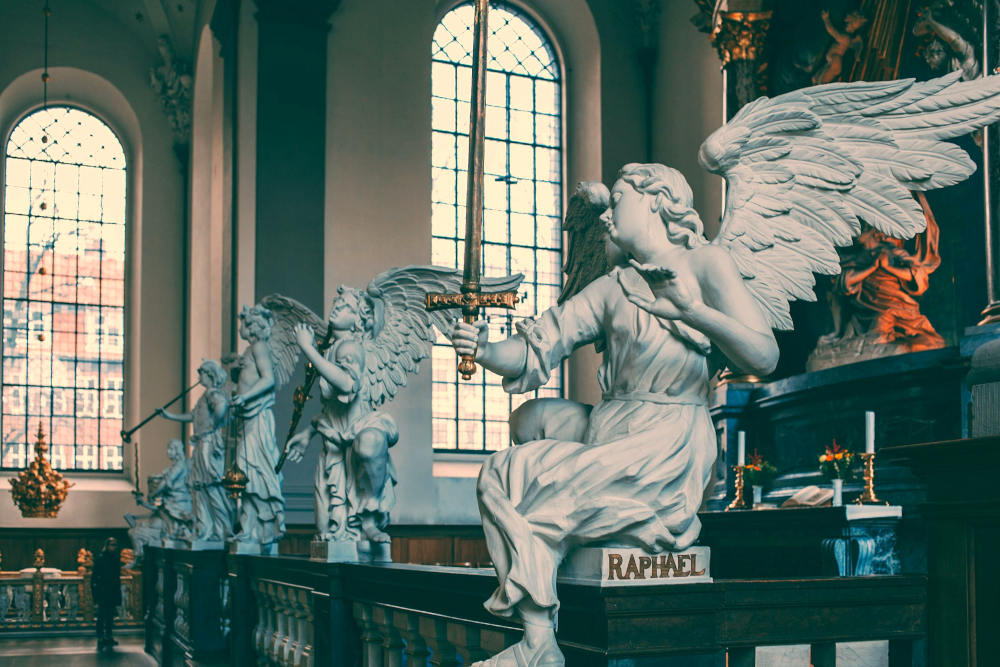
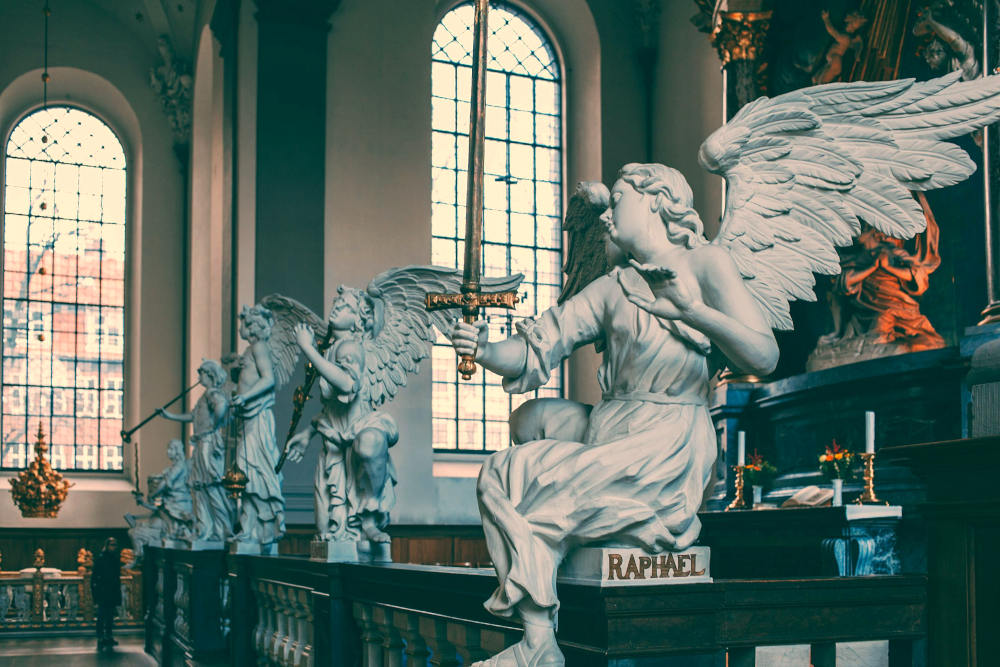
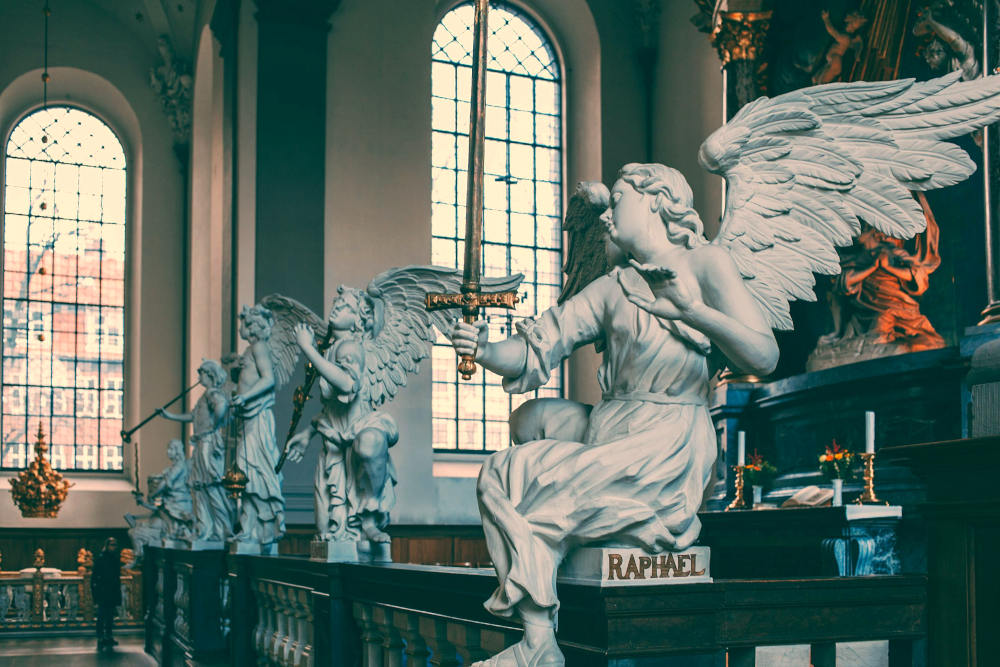
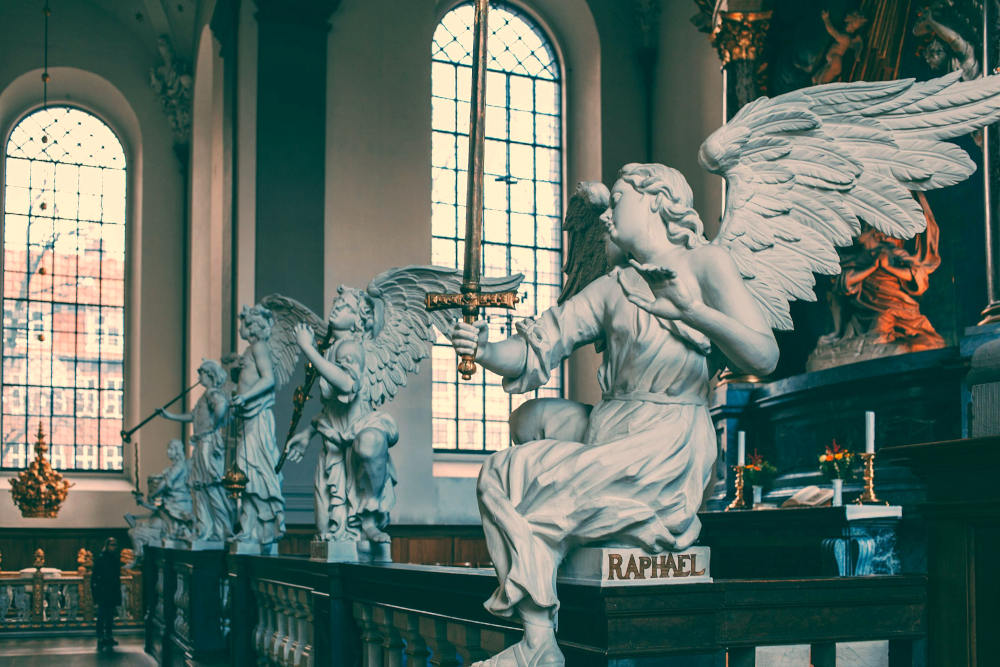

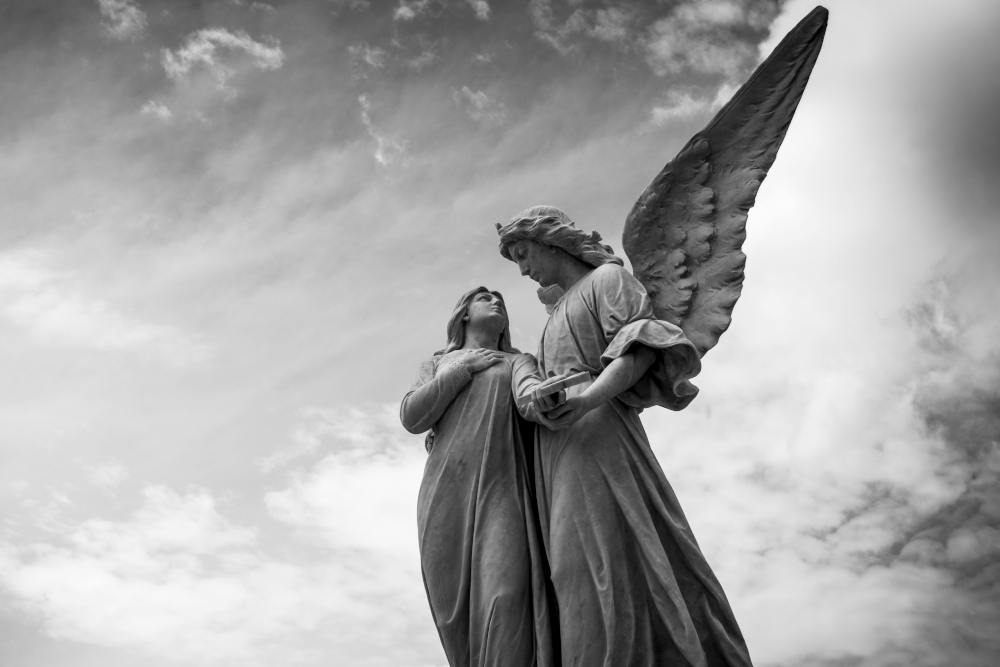


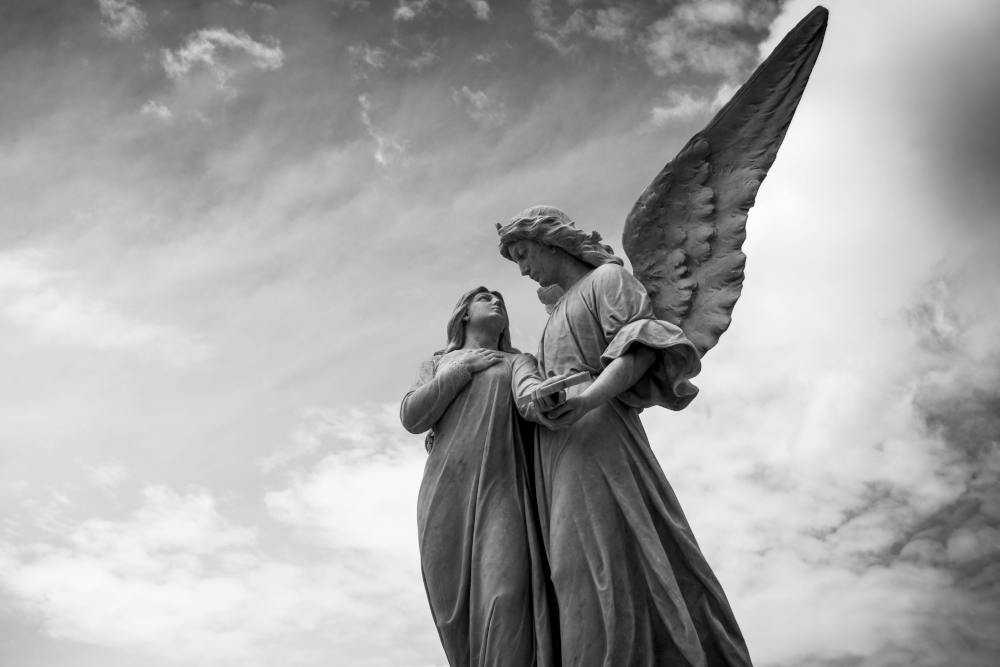
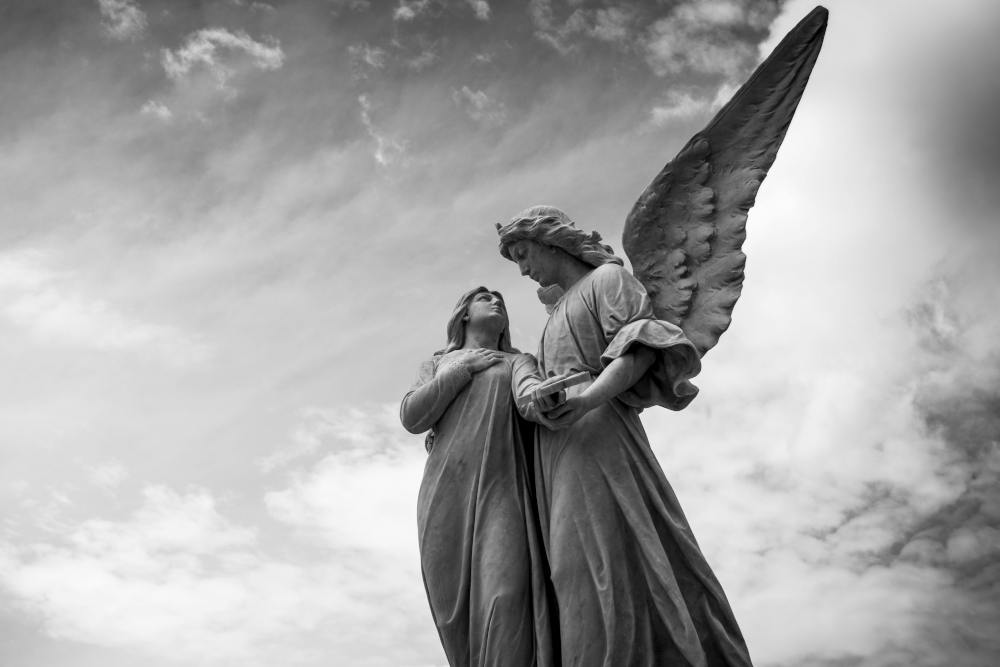
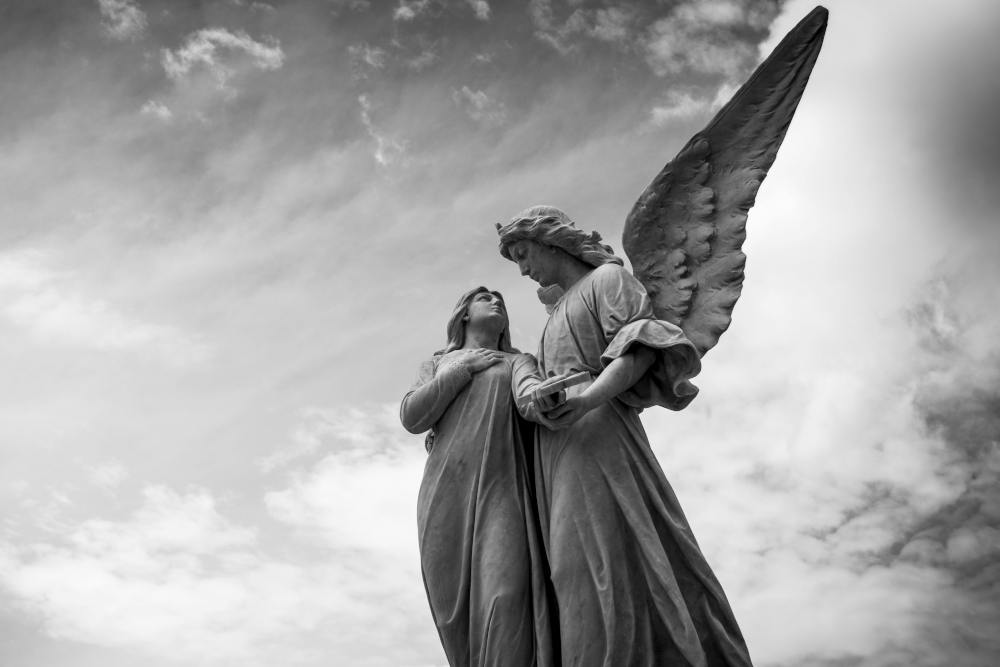
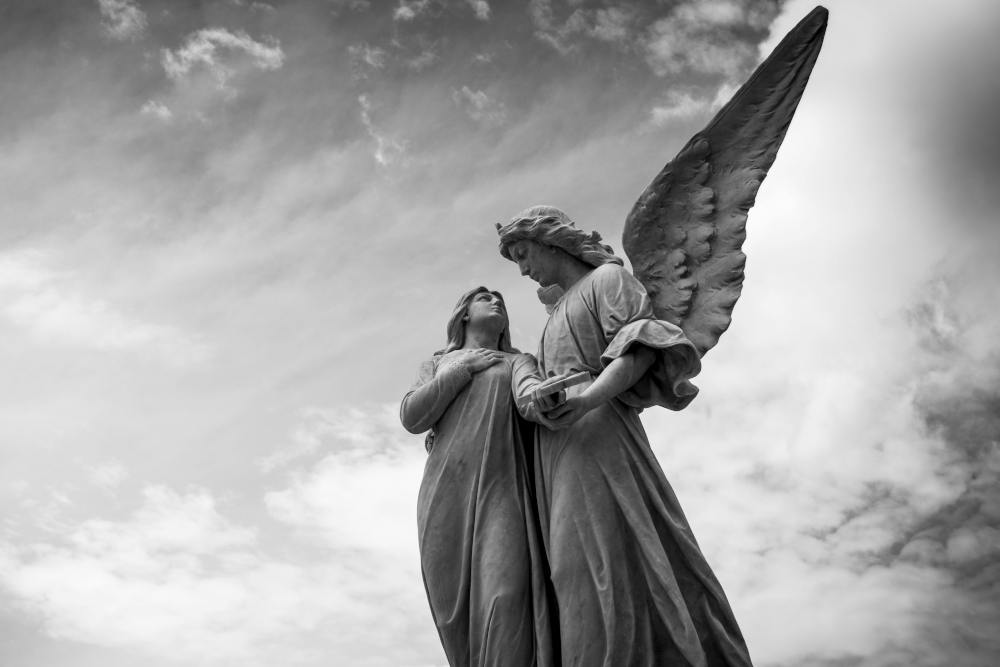
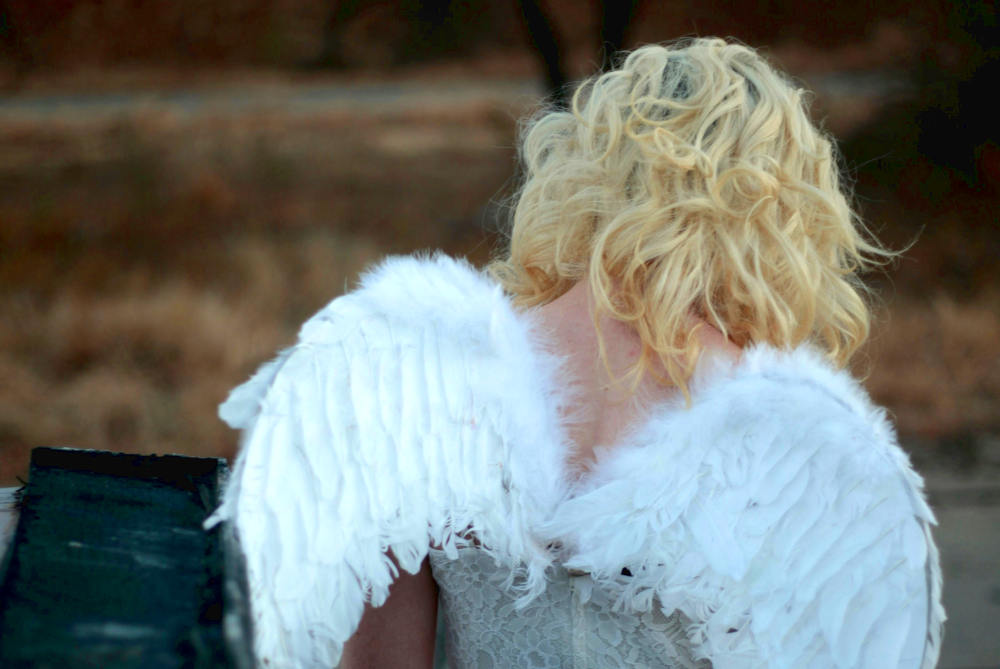
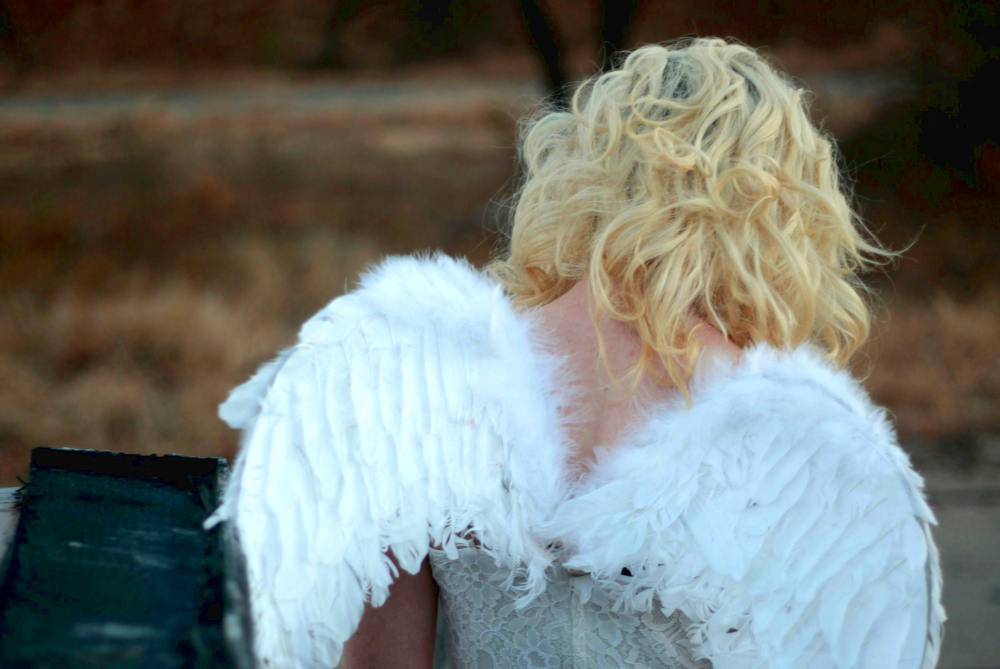
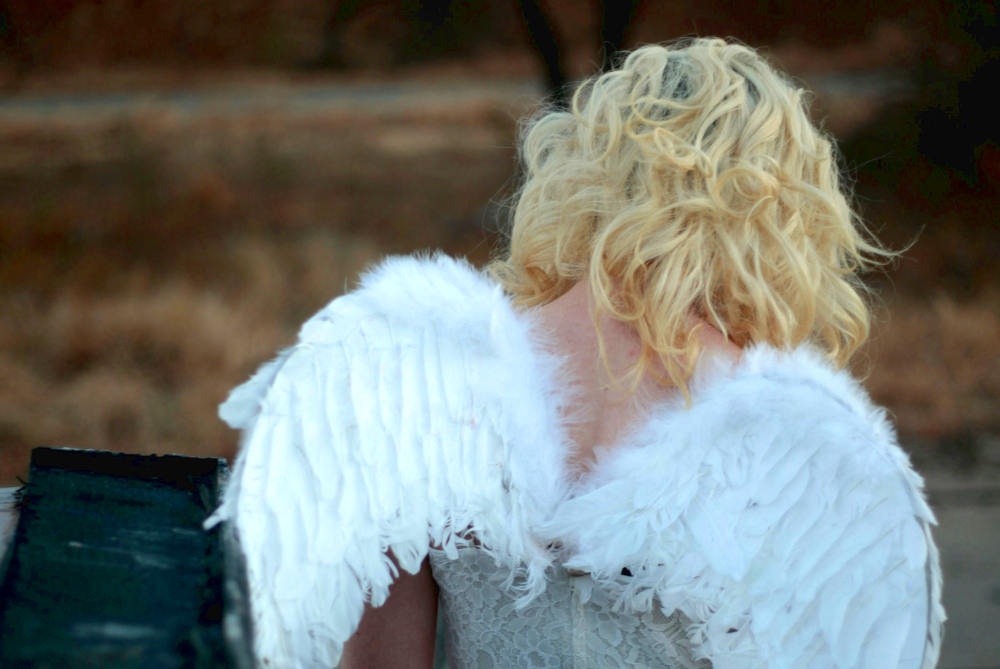
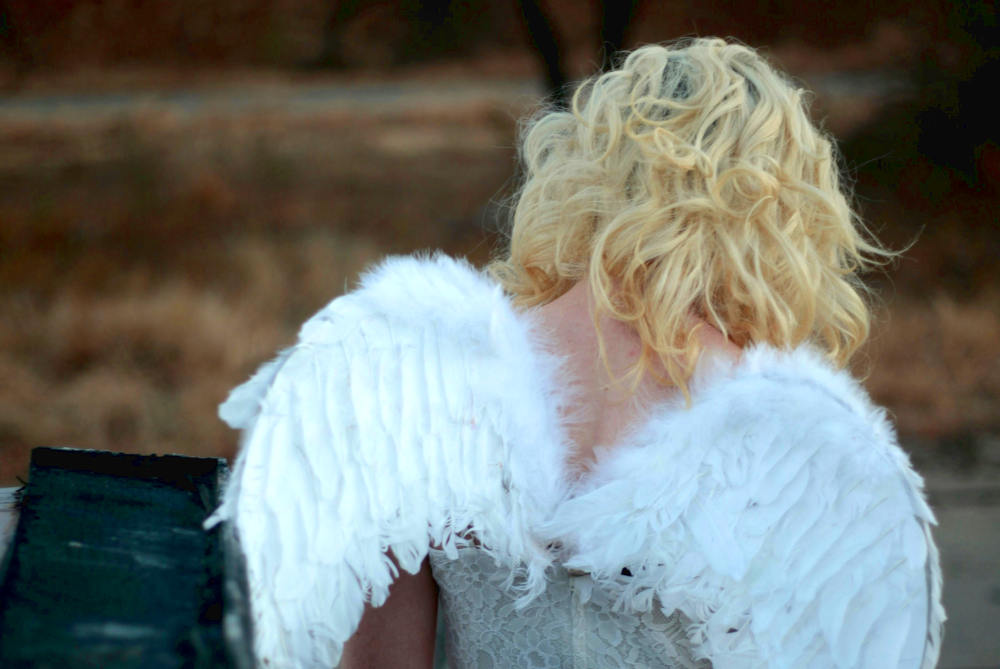


0 comments